Meme Reactions in 2023: What’s Trending and Why It Matters
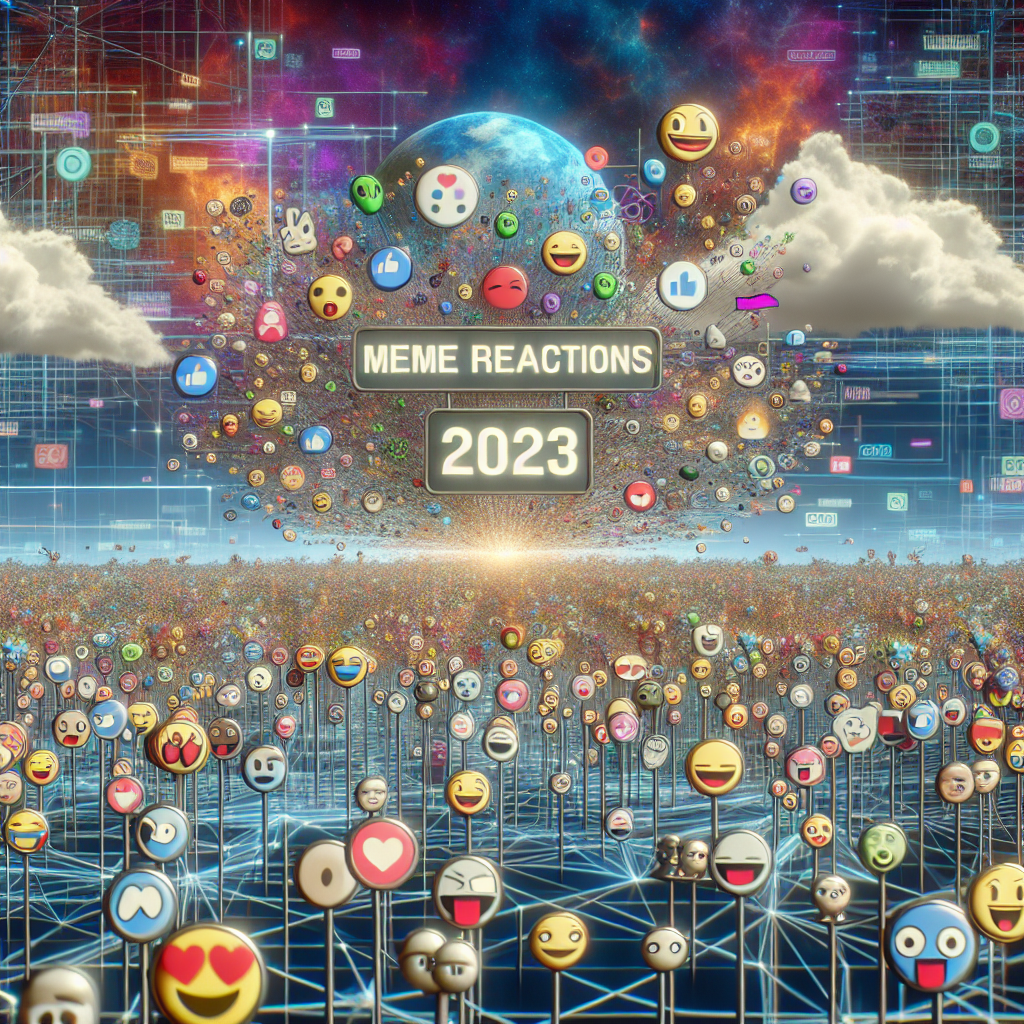
Table of Contents
- Table of Contents
- 1. Introduction to Meme Culture
- 2. The Psychology Behind Meme Reactions
- 2.1 Emotional Resonance
- 2.2 Cognitive Relatability
- 3. Current Trends in Meme Reactions
- 3.1 Popular Formats
- 3.2 The Shift from Static to Dynamic Memes
- 3.3 Influencer-Driven Memes
- 4. Brands Using Meme Culture Effectively
- 4.1 Case Studies
- 4.2 Practical Applications for Small Businesses
- 5. The Future of Meme Reactions
- 6. Conclusion
- 7. References
In the fast-paced digital landscape of 2023, meme culture has evolved into a complex form of communication that resonates across demographics. From social media platforms to marketing campaigns, understanding meme reactions is not just niche knowledge; it’s essential for entrepreneurs, marketers, and businesses aiming to connect meaningfully with their audiences. This article delves into the trends shaping meme reactions, their significance, and strategies businesses can employ to leverage this powerful medium.
Table of Contents
- Introduction to Meme Culture
- The Psychology Behind Meme Reactions
- 2.1 Emotional Resonance
- 2.2 Cognitive Relatability
- Current Trends in Meme Reactions
- 3.1 Popular Formats
- 3.2 The Shift from Static to Dynamic Memes
- 3.3 Influencer-Driven Memes
- Brands Using Meme Culture Effectively
- 4.1 Case Studies
- 4.2 Practical Applications for Small Businesses
- The Future of Meme Reactions
- Conclusion
- References
1. Introduction to Meme Culture
The word "meme" was coined by Richard Dawkins in his 1976 book "The Selfish Gene," where he described it as an idea or behavior that spreads within a culture. In today’s context, memes have transformed into a powerful method for people to express thoughts, emotions, and cultural commentary succinctly and humorously.
Meme reactions, in particular, tend to showcase emotional responses to various situations—from trivial daily events to significant global occurrences. This cultural phenomenon is essential for marketers and entrepreneurs aiming to engage effectively with their audiences.
2. The Psychology Behind Meme Reactions
Understanding the psychology behind meme reactions is crucial for their effective utilization in marketing and communication.
2.1 Emotional Resonance
Memes often evoke strong emotional reactions, be it laughter, nostalgia, or empathy. According to a study by the American Psychological Association (APA), humor can significantly enhance engagement levels, making it a valuable tool for brands.
2.2 Cognitive Relatability
Memes function as shared cultural shorthand, allowing individuals to communicate complex ideas rapidly. This relatability fosters a sense of community among users, enabling brands to enter into a dialogue with their audiences rather than merely broadcasting messages.
3. Current Trends in Meme Reactions
3.1 Popular Formats
As of 2023, popular meme formats include image macros, reaction GIFs, and TikTok-style video memes. Each format serves different communicative purposes and audience preferences.
3.2 The Shift from Static to Dynamic Memes
The rise of video content has propelled dynamic memes into the forefront. Platforms like TikTok and Instagram Reels are increasingly dominated by video memes, encouraging fast-paced, entertaining content that captures viewers’ attention.
3.3 Influencer-Driven Memes
Influencers play a critical role in meme culture. Their ability to shape trends and amplify engagement makes them invaluable collaborators for brands. For example, user-generated memes featuring brands can lead to organic reach that traditional advertising struggles to achieve.
4. Brands Using Meme Culture Effectively
4.1 Case Studies
Brands like Wendy’s and Netflix have successfully integrated memes into their marketing strategies. Wendy’s infamous Twitter account, known for roasting both customers and competitors, highlights how humor can foster brand loyalty and engagement.
4.2 Practical Applications for Small Businesses
For small businesses, leveraging meme culture might seem daunting, but several strategies can facilitate this process:
- Authenticity: Genuine content resonates more with audiences.
- Engagement: Encourage followers to create their own memes related to your brand.
- Consistency: Regular engagement with current meme trends increases brand visibility.
5. The Future of Meme Reactions
As AI technology and machine learning continue to advance, we can expect to see new forms of meme creation that are personalized and data-driven. The integration of Augmented Reality (AR) in meme applications could further elevate user interaction, making memes not just a static observation but part of an immersive experience.
6. Conclusion
Meme reactions are more than just humorous images; they are a window into the cultural zeitgeist of 2023. For businesses and marketers, understanding and leveraging these trends can lead to meaningful engagement and brand loyalty. By tapping into the emotional and cognitive underpinnings of memes, entrepreneurs can craft messages that resonate not only in their immediate audiences but also within larger cultural dialogues.
7. References
- American Psychological Association. (2023). How Humor Affects Engagement Levels. Retrieved from https://www.apa.org/news
- Serached. (2023). Understanding the Role of Social Media in Modern Marketing. Available at Our Website
This article provides a comprehensive overview of meme reactions in 2023, addresses current trends, and discusses their significance in marketing. By incorporating current data and examples, it serves as a resource for professionals aiming to leverage this cultural phenomenon effectively.
Latest Posts
You Might Also Like

Lorem ipsum dolor sit amet, consectetur adipiscing elit. Ut elit tellus, luctus nec ullamcorper mattis, pulvinar dapibus leo.
TOP NEWS
Copyright © 2025 FunnyShowStreaming.site | All rights reserved.



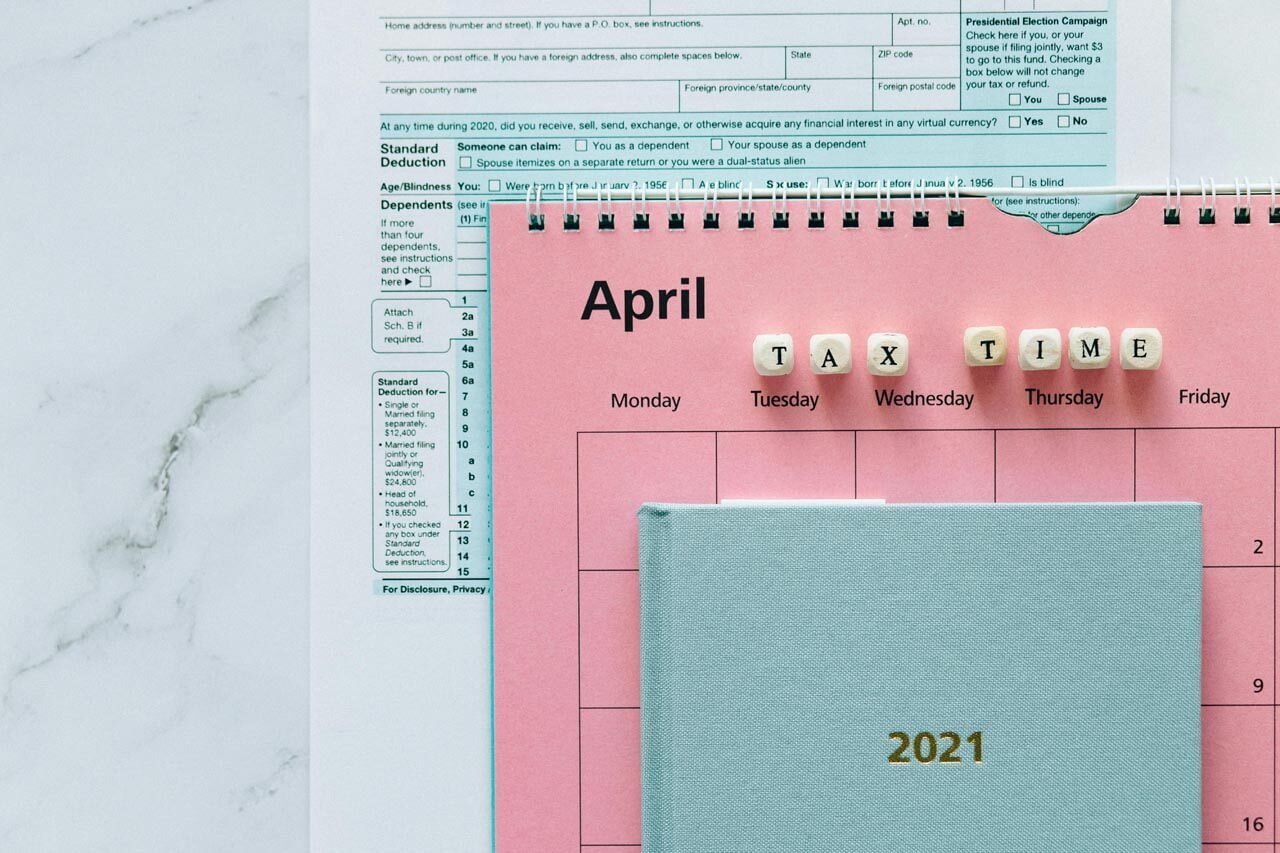

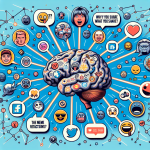







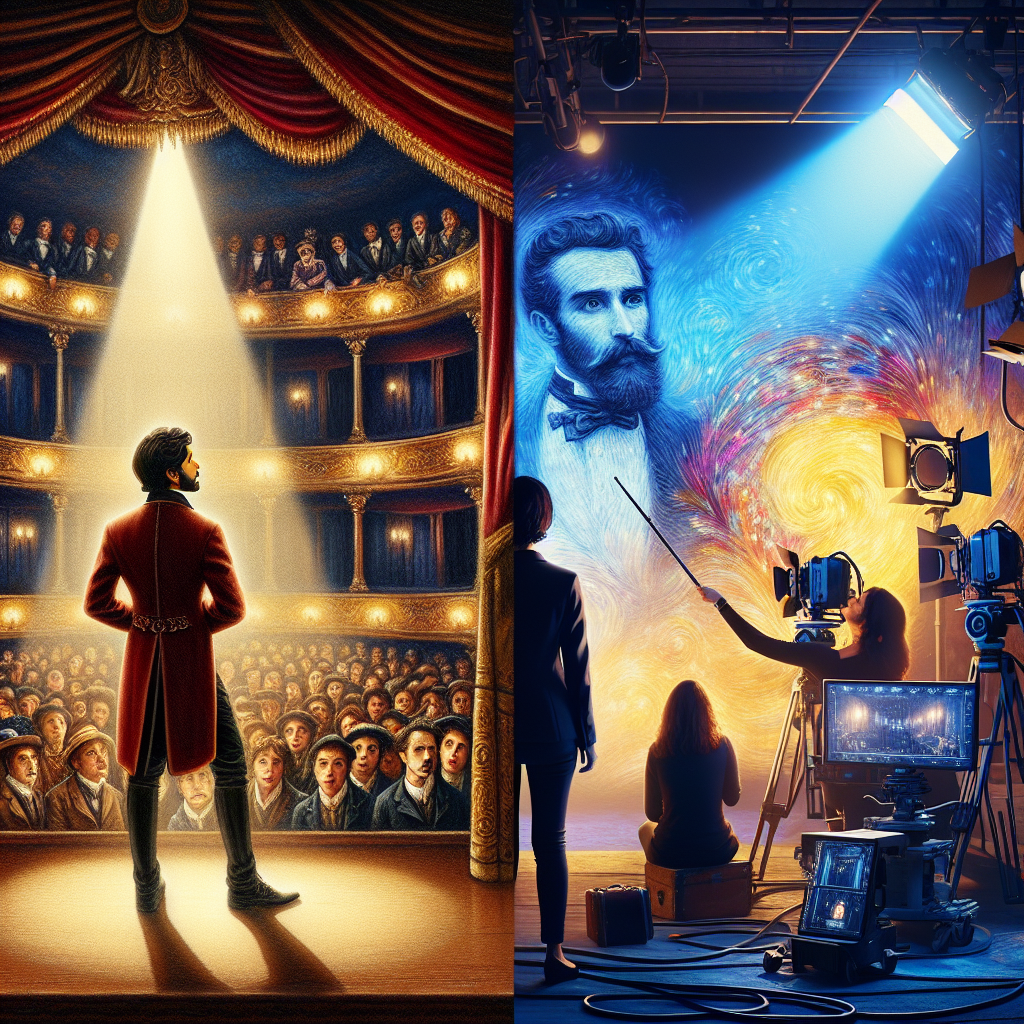
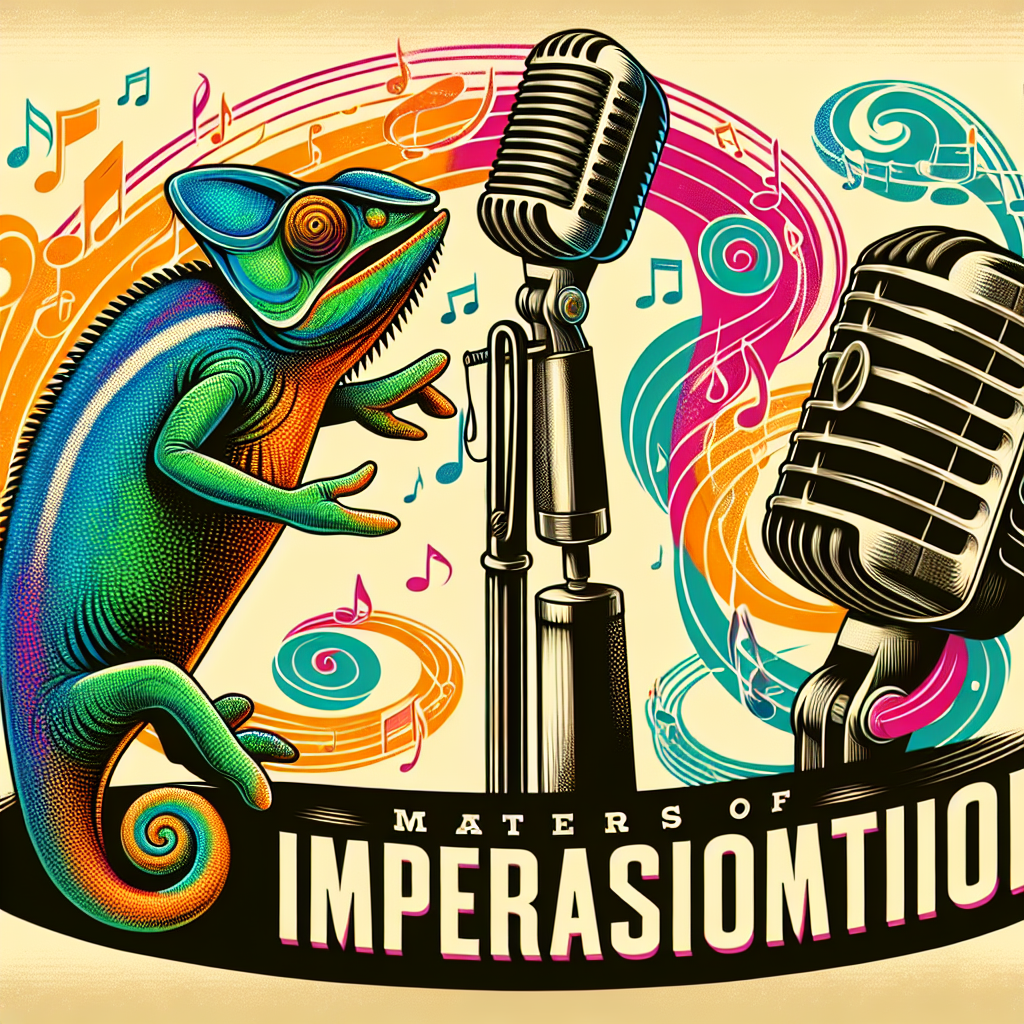
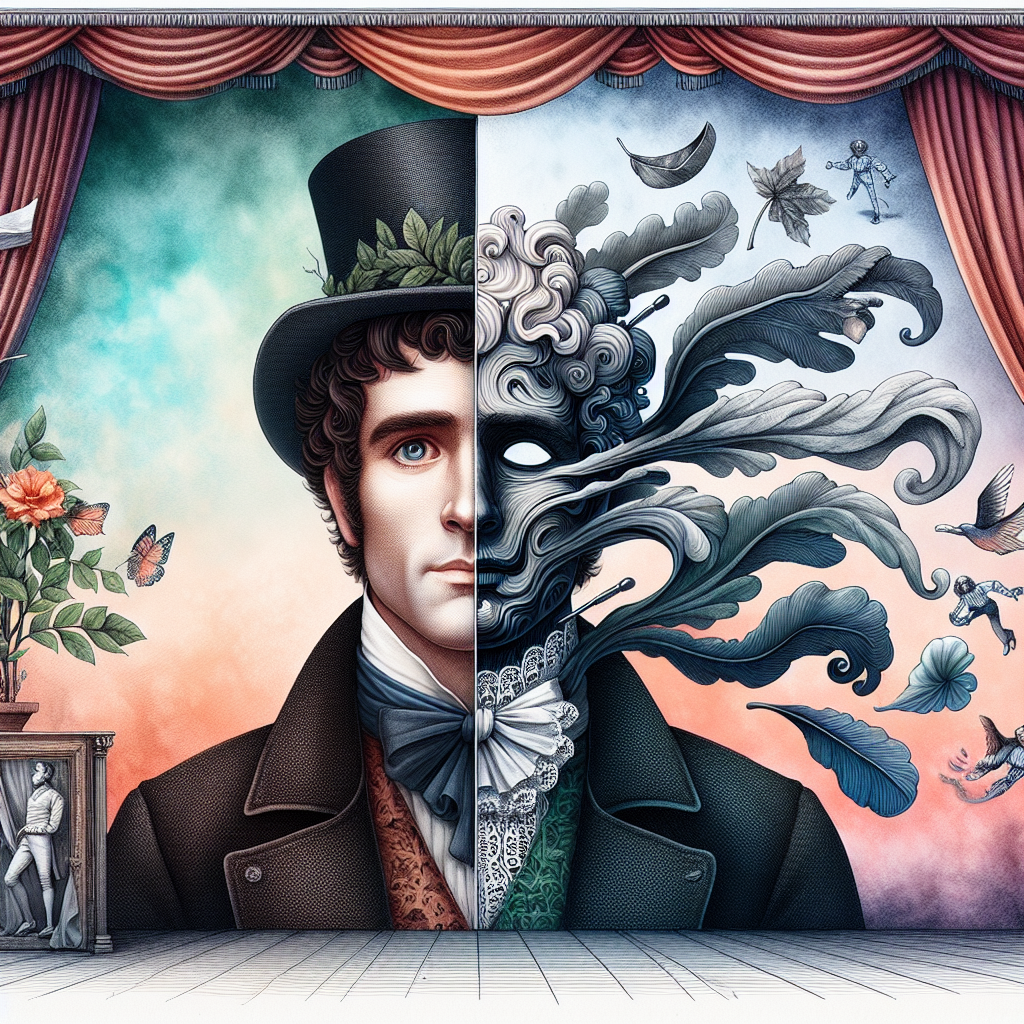



Comments are off for this post.